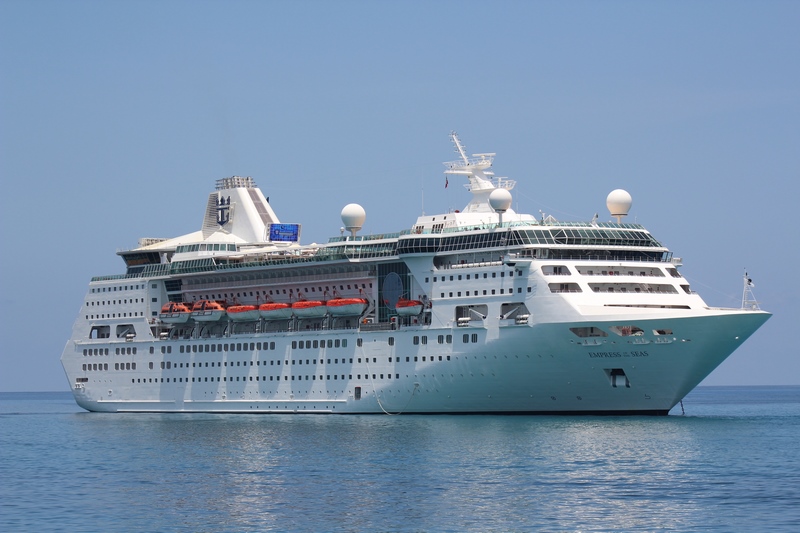
45 IMO Members designate seafarers as key workers
Forty-five IMO Member States and one Associate Member, Hong Kong, have now named seafarers as key employees, a key move in addressing the ongoing crisis of crew change.
It is important to exclude these professionals from unique COVID-related travel restrictions in order to allow them to travel between their country of residence and their ships and to repatriate them at the end of their contracts.
About 400,000 seafarers and the same number of seafarers unable to board ships have been left stranded at sea by the restrictions.
The classification may also play a key role in providing priority access to safe vaccines to seafarers.
As borders and ports are closed for crew changes, the situation has become a true humanitarian crisis.
It has forced seafarers, exerting the pressure on their physical stamina and mental health, to remain on board for months beyond their contracts. The ordeal has challenged their future in the company for those who have eventually been able to return home, as they feel abandoned and unable to practice their basic human rights.
On the other hand, the time offshore meant that they had no other revenue for many of those who were and are still unable to sign into ships, placing a huge financial burden on them and their families.
In order to promote safe and unhindered movement for the embarkation or deplaning of a vessel, the IMO has called on all its Member States to recognise seafarers as key workers providing an important service.
The countries that designated seafarers as key workers are: Azerbaijan, Bahamas, Bangladesh, Barbados, Belgium, Brazil, Canada, Chile, Cyprus, Denmark, France, Gabon, Georgia, Germany, Ghana, Greece, Indonesia, Iran (Islamic Republic of), Jamaica, Japan, Kenya, Kiribati, Liberia, Marshall Islands, Moldova, Montenegro, Myanmar, Netherlands, New Zealand, Nigeria, Norway, Panama, Philippines, Republic of Korea, Romania, Saudi Arabia, Singapore, South Africa, Spain, Sweden, Thailand, United Arab Emirates, United Kingdom, United States, Yemen.
The long-overdue global response to the crew change crisis, combined with increased costs for ship owners and operators for those attempting to repatriate seafarers and maneuver rapidly shifting local laws and logistical nightmares, also meant higher costs.
Drewry reports that the average daily operating expense of the 47 different types and sizes of ships covered in the report jumped by 4.5% in 2020, compared to the underlying rises of 2% and 2.5% in the previous two years, respectively.
Maritime Business World





YORUM KAT